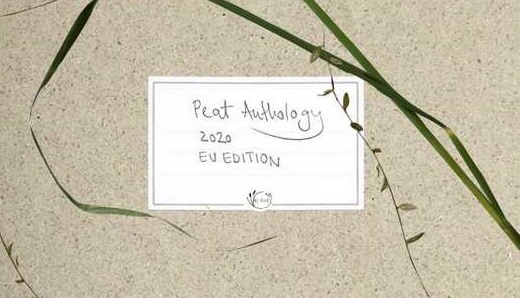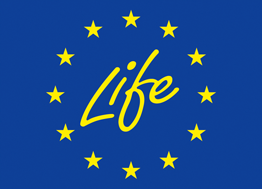The international youth organization Re-Peat, a youth-led collective, is putting pressure on EU politicians to pay more attention to the protection and restoration of peatlands in the new agricultural strategy. To this effect, a collection of essays entitled Peat Anthology was compiled. It reflects young people’s vision and concern for their future living environment. They emphasise that the environment currently being shaped by decision-makers will impact the lives of today’s Young people for a long time to come.
The European Agricultural Strategy currently being developed for the period of 2021-2027 supports the development and sustainability of agriculture, but it also focuses on climate mitigation and nature protection, including re-naturalization of peatlands drained for agriculture. Restoration of peatland ecosystems is necessary to reduce the impact of anthropogenic climate change, but this will inevitably lead to changes in the current agricultural practices. A two-year transition period is envisaged to implement the changes in farming practices.

Peat Anthology expresses young Europeans relationship with peatlands very emotionally. For example, Debora Curtis wrote: “Humans have a long history interacting with peatlands in a large variety of ways. Through industrialization, many of these customs have gotten lost and forgotten. We need to re-imagine our relationship to peatlands and find a way to live together. Drained peatlands must be rewetted, and agricultural forms such as paludiculture are an interesting example of the human and non-human world operating in symbiosis. ” The Peat Anthology is a colllection of different stories that expresses personally and powerfully the views of young people. It also addresses peatland management and its impact on climate and on natural habitats.
In addition to the stories of the young authors, there are interviews with leading researchers in this field, Hans Joosten and Catherine Farrell. On behalf of the project LIFE Peat Restore, Laimi Truus wrote an overview of the global importance of peatlands. She emphasized the protection of the still preserved natural mires as particularly important. When we no longer have natural communities, it is not possible to restore anything on damaged lands. In fact, we humans cannot be considered any great restorers, of new (incl. natural) habitats. We can only help nature to recover with little support (e.g. by closing drainage ditches or/and introducing mire plants), in a better way if the damage caused is not very extensive.
On October 15, 2020 at 4:00 pm (CST), Re-Peat will organize online Cover to Cover Online Reading of the Peat Anthology (https://bit.ly/3iUAwRS) . You can attend this reading.


